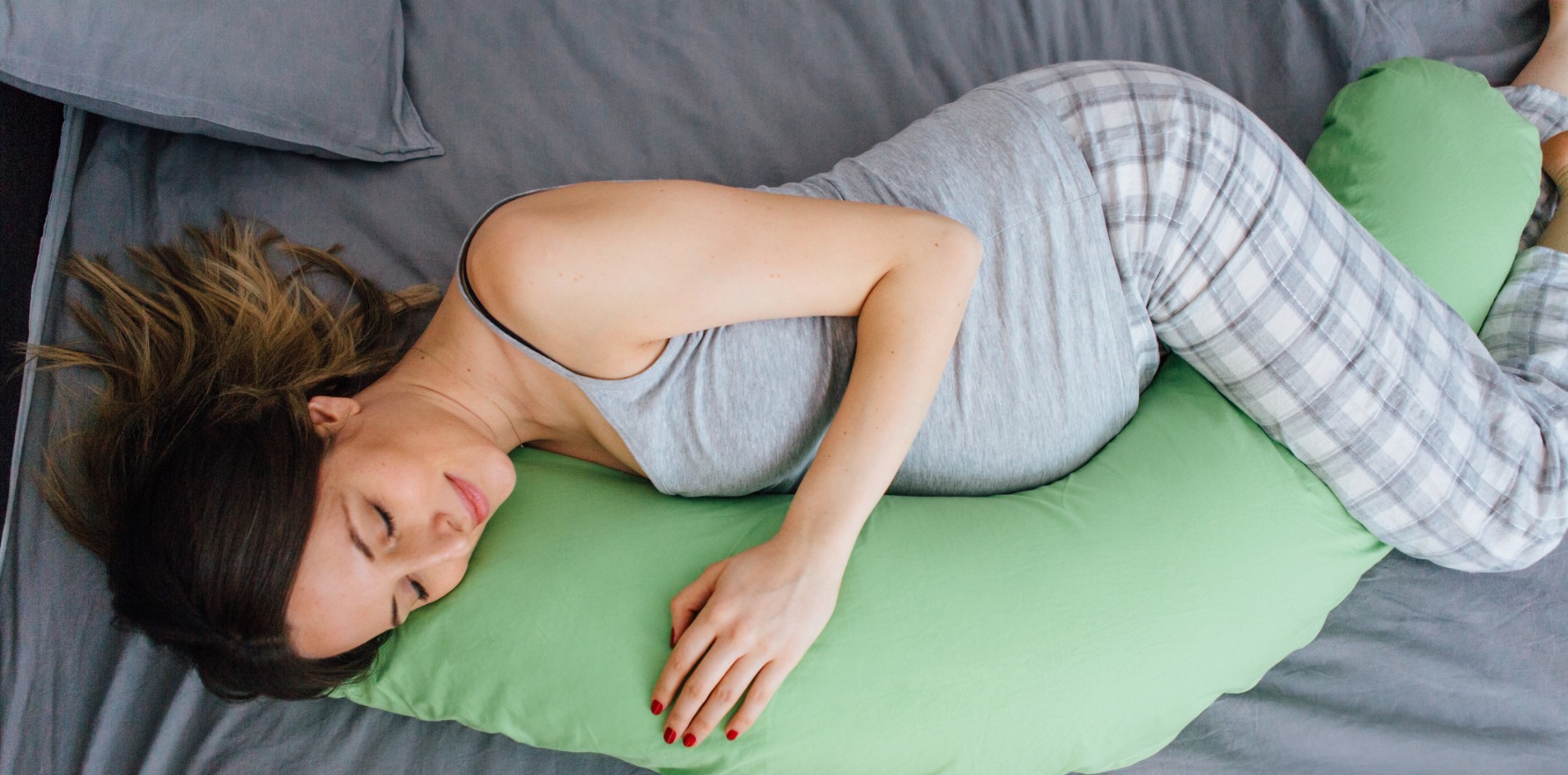Treating obstructive sleep apnoea in pregnancy may improve outcomes for both mum and bub.
Pregnant women with obstructive sleep apnoea have lower blood pressure when they consistently use their CPAP, new research has found.
It also appears to reduce the incidence of pre-eclampsia and preterm birth, according to the systematic review of seven studies and over 200 patients.
The evidence for CPAP’s effect on birthweight was mixed; with some research finding no change in birthweight after use of the device and other research finding it was linked to an increase of over 200g.
The findings underscore the importance treating this common condition in pregnancy, according to experts.
Overall, there was good adherence to CPAP use among pregnant women (defined as four or more hours of CPAP use across 70% of nights), with no serious side effects or complications being reported in the review, which was recently published in the Australian and New Zealand Journal of Obstetrics and Gynaecology.
Associate Professor Alex Polyakov, an obstetrician from the University of Melbourne who was not involved with the current research, said obstructive sleep apnoea in pregnancy was common, with some women being diagnosed before falling pregnant.
Previous research suggests obstructive sleep apnoea affects between 10% and 30% of pregnant women and is associated with increased rates of pre-eclampsia, gestational diabetes and preterm delivery.
“OSA is a manifestation of obesity, which is very common in pregnant women in Australia. Some [obese] women may already have CPAP machines at home and may continue to use them during pregnancy,” he told The Medical Republic.
Professor Polyakov encouraged GPs to refer patients with suspected obstructive sleep apnoea to a sleep specialist for a formal diagnosis and appropriate management.
“The risks associated with sleep apnoea in pregnancy are quite significant. Reducing these risks, even slightly, will have a huge impact at a population level. OSA is easy to address, and the complications of using a CPAP machine are extremely uncommon,” he told The Medical Republic.
The Royal Australian and New Zealand College of Obstetrics and Gynaecology has guidelines for the management of obesity in pregnancy that recommend obese women who may have obstructive sleep apnoea seek assessment and treatment with CPAP, ideally before falling pregnant.
Researchers noted the seven included studies provided very low-quality evidence and had a high risk of bias. Professor Polyakov was “surprised” at the relative dearth of large, good quality studies exploring CPAP use in pregnancy, despite obesity and sleep apnoea being “very common” in diabetes.
A multicentre randomised clinical trial comparing CPAP against sleep advice counselling is currently underway in the US. The interventional trial aims to recruit 1500 pregnant women across 12 hospitals from nine states by 2025.
Australian and New Zealand Journal of Obstetrics and Gynaecology 2023, online 3 March





